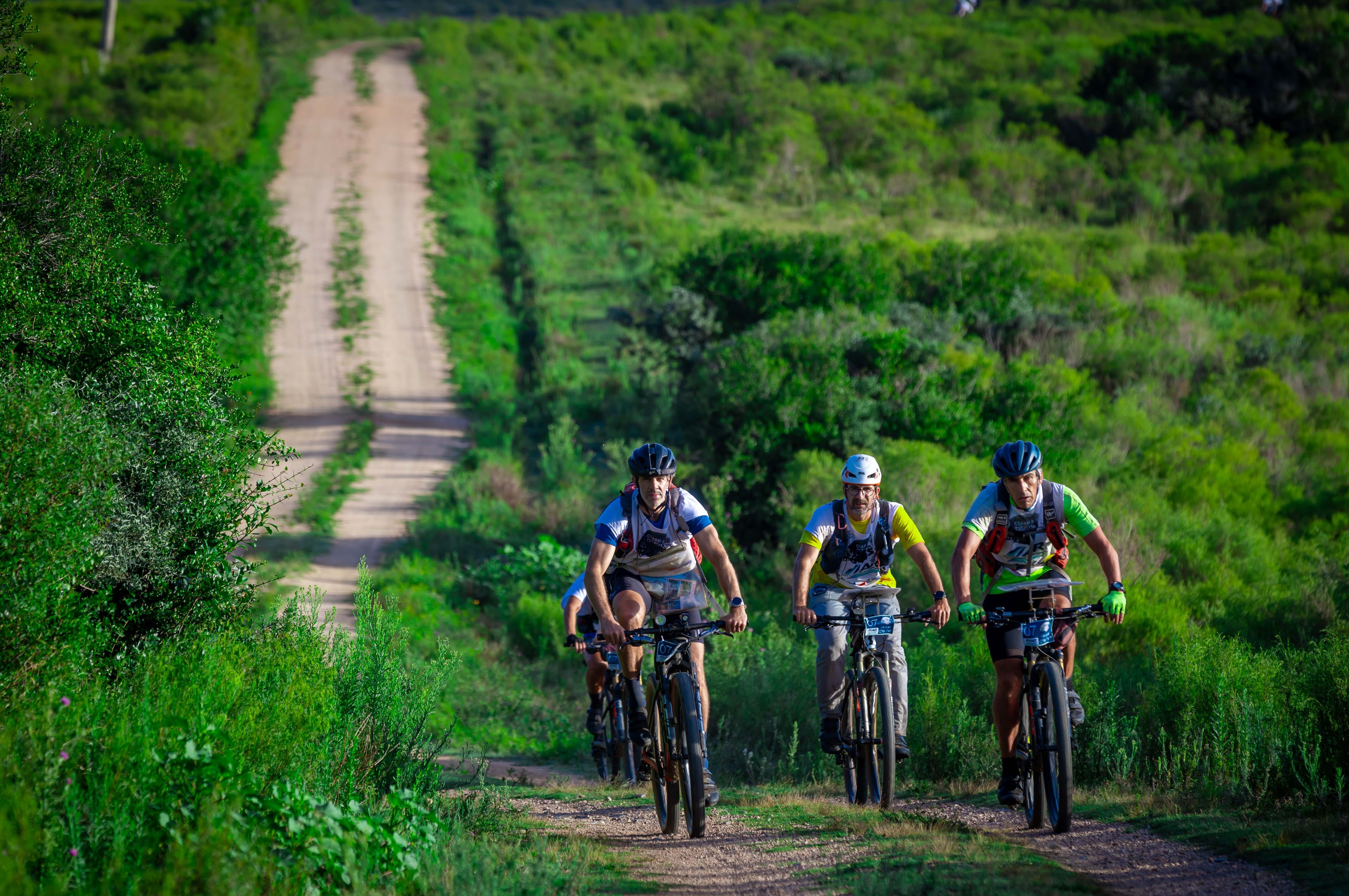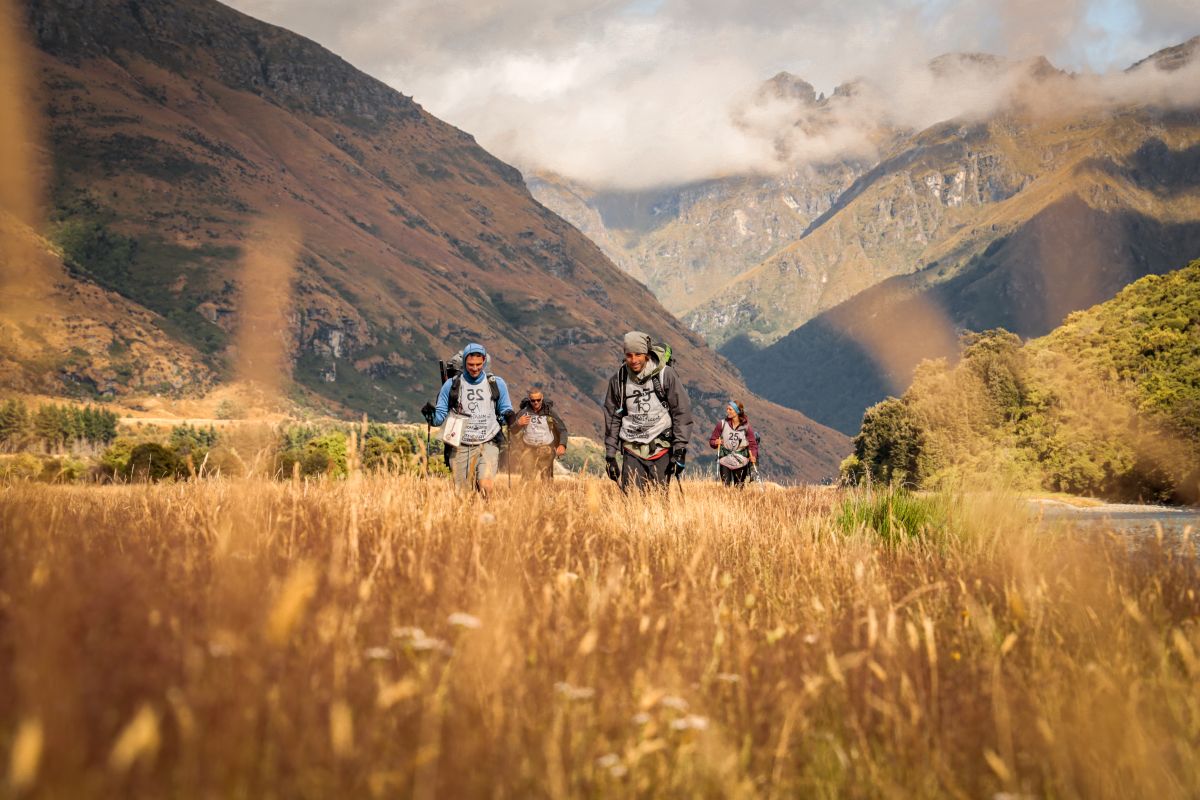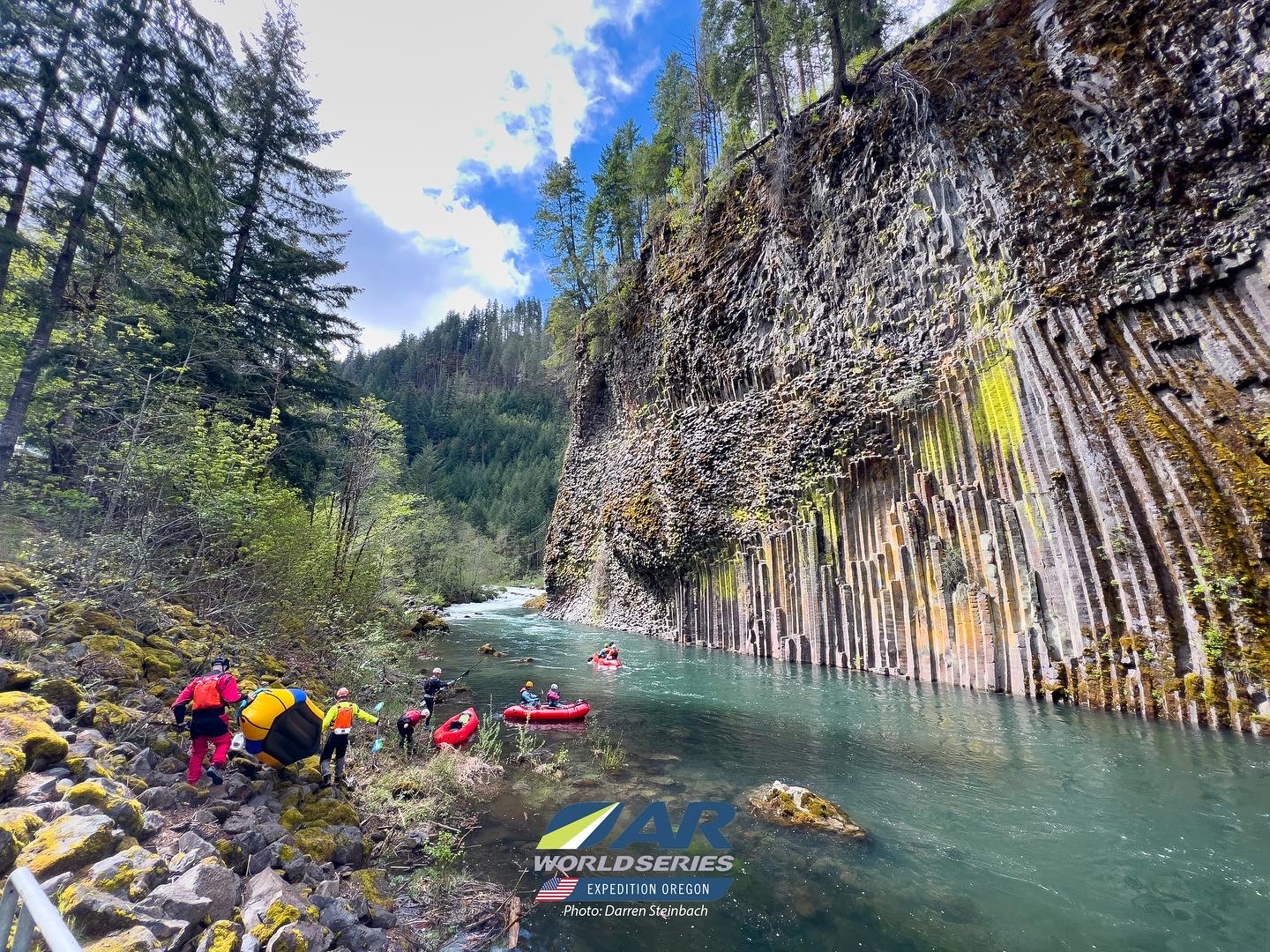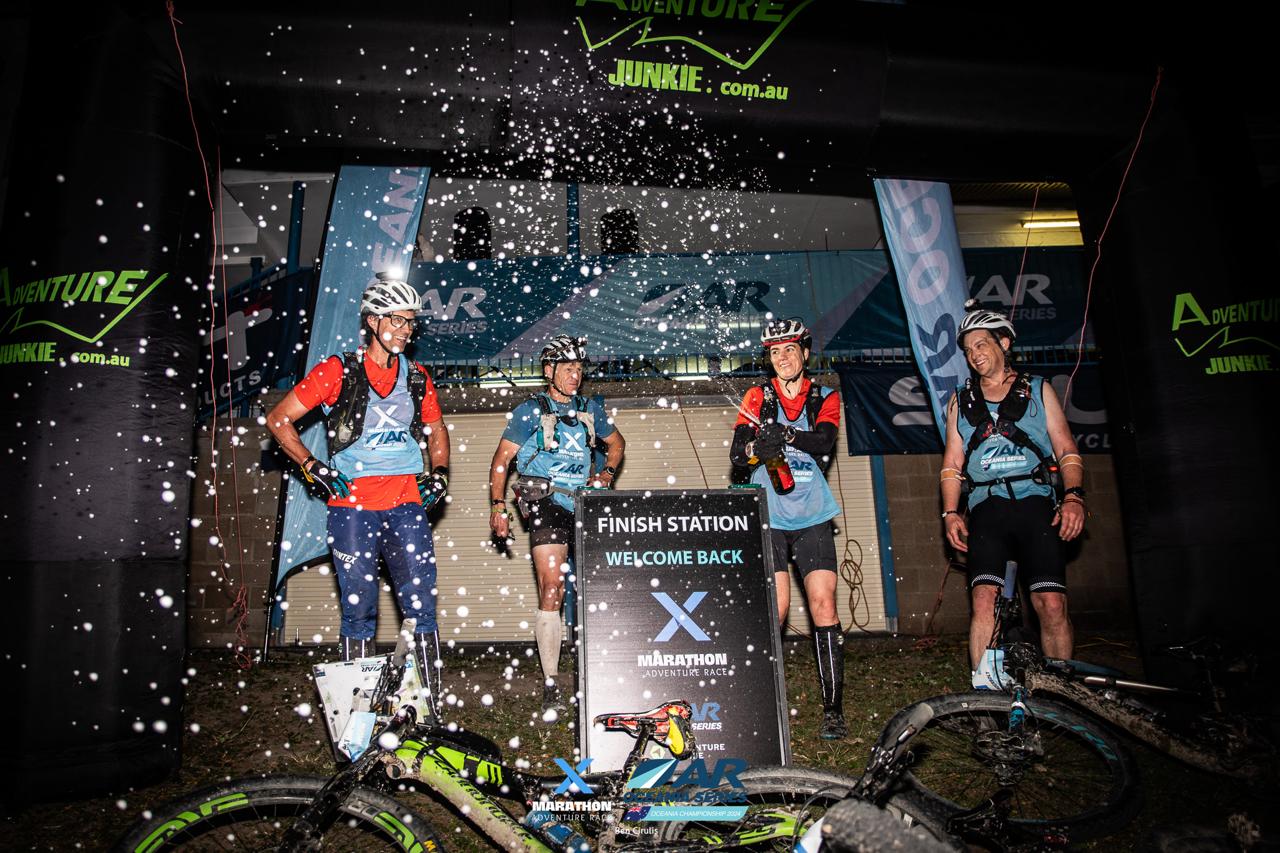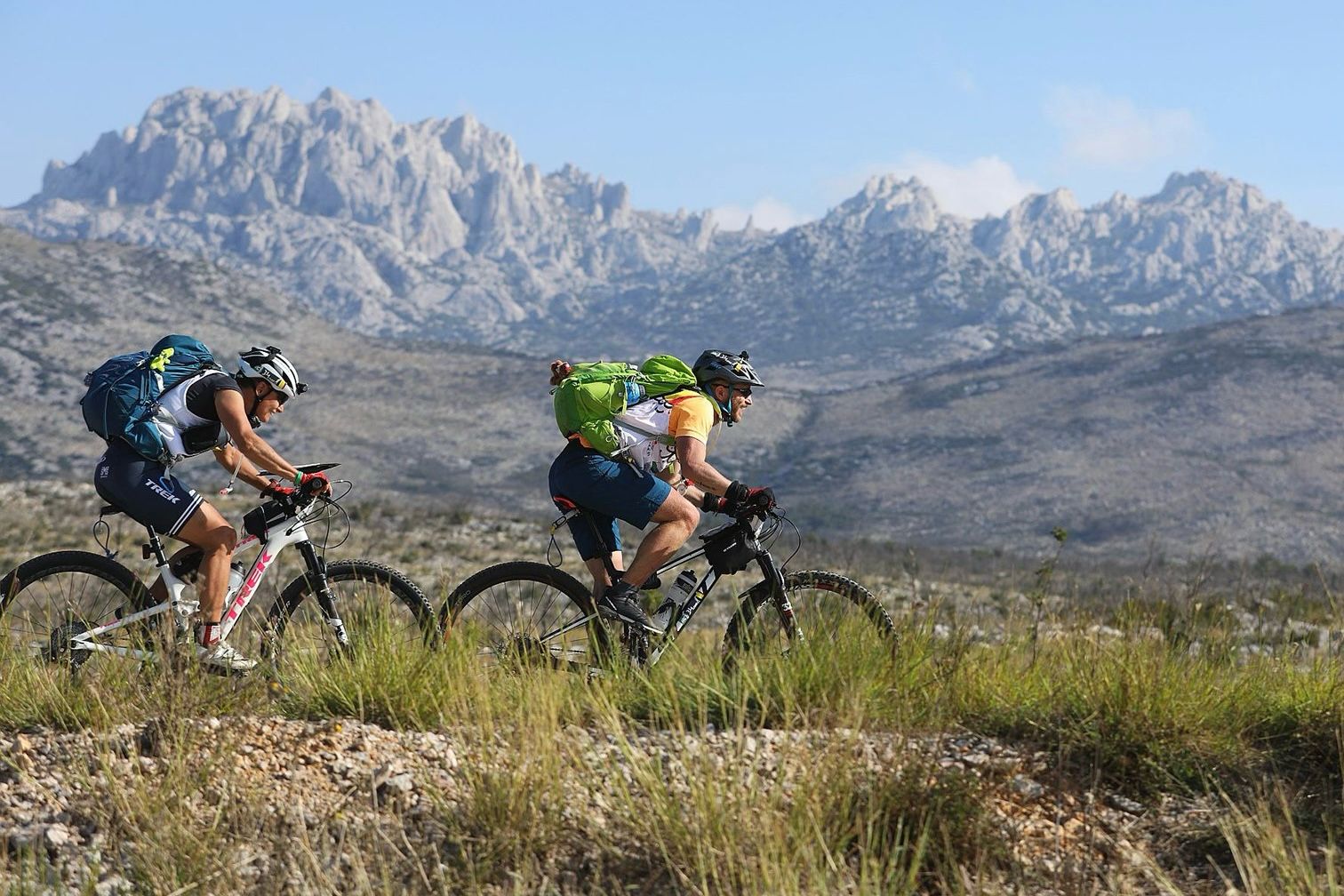The 2023 Adventure Racing World Series Starts in Australia and Brazil
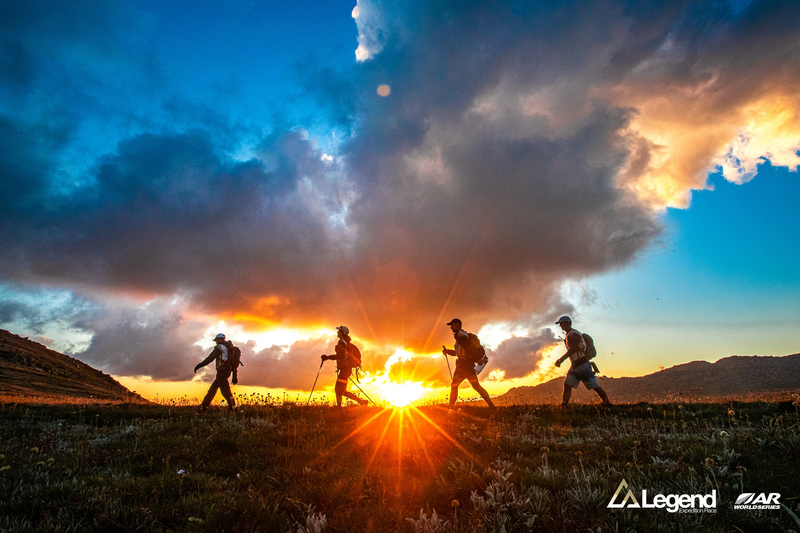
High in the Snowy Mountains on the Legend Expedition Race
The 2023 Adventure Racing World Series had got off to a spectacular start with two new races in Australia and Brazil in a year when race destinations also include the USA, Croatia, Canada, Colombia, Ecuador, the Faroe Islands, Paraguay, Poland, Mexico and South Africa.
Australia and Brazil have both featured strongly in the 22 year history of the ARWS, and both have staged two
World Championships in the past. There have been no World Series expedition races there in the past few years and ARWS CEO Heidi Muller said, “It’s fantastic to have both Brazil and Australia back in the Series as they are countries with strong adventure racing communities which offer incredible landscapes and venues for expedition adventure racing.”
The new ARWS race in Australia took teams into the high country of the Snowy Mountains for the inaugural edition of The Legend Expedition Race.
The race was organised by Wild & Co. with Chris Dixon as the Race Director. Dixon has organised many races in the ARWS Oceania regional series, including last year’s first Oceania Championship race on the Gold Coast. For his first expedition race he left the coast and set a 500km course in the Snowy Mountains, which was all above 1000m and included a trek taking teams over 2000m and close to the summit of Mt. Kosciuszko, the highest peak in Australia.
Race HQ was in the alpine village of Jindabyne and the race had an action packed start including climbing and abseiling high above the Snowy River, followed by a canyon descent as teams made their way along the river. The following trekking and biking stages took teams into the open, rolling hills and high pastures, with the added spice of the navigational challenge to find the checkpoints.
Some of these were placed around and inside the spectacular Yarrangobilly Caves and for races who wanted a muscle relieving dip there was a ’thermal pool’ to relax in. There were kayak crossings of two high alpine lakes too, the second across Talbingo Reservoir requiring teams to tow their bikes in additional kayaks for 22km.
The day before the race the water had been whipped up by fierce and cold winds, but competitors were exceptionally lucky with the weather this year. The sun shone most of the time, the water was not too cold and the views were unforgettable!
The race winners, by a comfortable margin, were Team 3 Points of Contact, by far the most experienced expedition race team in the field. The team of Russell Stringer, Gary Sutherland, David Schloss and Alison McLachlan finished in 4 days 17 hours and 40 minutes as the first Legend winners and claimed a free place at the 2023 Adventure Racing World Championships in South Africa in October.
Finishing teams included many first time racers, but it was another very experienced, all-female team who took second place, the Mountain Designs Wild Women.
Kim Beckinsale from that team summed up the racer’s experience; “Thanks to Chris Dixon from Wild and Co. and his team of volunteers for having the guts to go ahead with an ambitious course in such a spectacular part of the world, because wow, it was such a great race and I’m sure that in future many Legends will follow.”
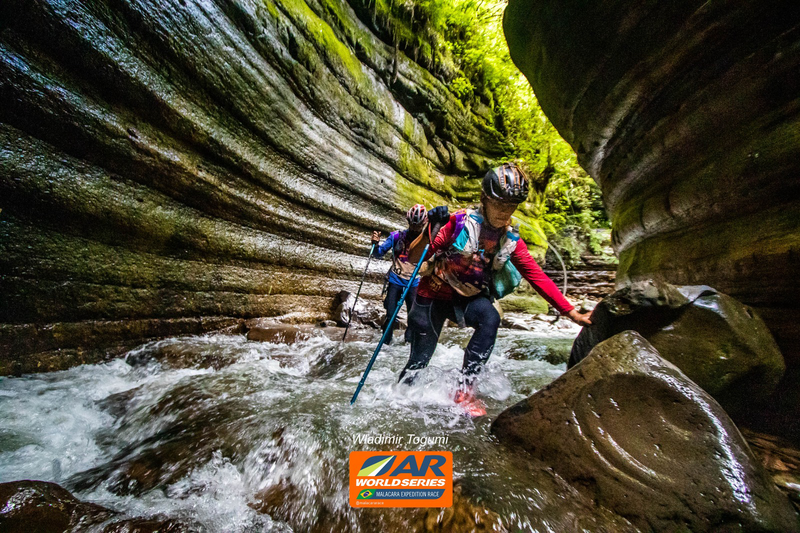
Canyon descent during the Malacara Race
As the Legend finished, the Malacara Race in Brazil began from the the ‘Magic Island’ of Florianopolis, famed internationally for its beaches, lifestyle and cuisine.
The race had taken place previously, but this year increased in distance to over 500km and joined the AR World Series as a Demonstration Race. The two Race Directors, Benito Brocca and
Léo Nardi Borba, had dreamed for years of organising a race in the World Series, and became some of its youngest race Directors with this year’s race.
They are also owners of a packraft factory (Malacara Packrafts) and fulfilled their dream at the spectacular start to the race, when 65 identical orange rafts paddled out to sea beneath the main bridge to the island. Léo promised it would be “the most beautiful adventure race ever in Brazil.” With previous World Championship races held in the globally important wetlands of Pantanal and from Jericoacoara beach, it was a bold claim and one the race lived up to.
The packrafts were packed and carried cross-country through hilly terrain and dense vegetation before a second paddle stage on a lagoon and a long trek down the coast, crossing beaches and rocky headlands.
One of the international teams expected to do well was Masanga Racing from Denmark, but they were lost in the forest on the first trek and near the back of the field. It was a hard mistake to come back from, but by the time the lead teams reached the mainland to start the first big cycle stage, the young Danish team had fought their way back into contention.
The weather on the long mountain bike stage was to define the race for many teams. Unlike the sunny Snowy Mountains, the hills and forests of Eastern Brazil were hit with rain storms which turned the trails and dirt roads to dense mud, and progress was slow. Even the fastest teams took much longer than expected (and ran out of food), and for slower teams the ride was a test of resolve and endurance they had to survive to finish the race under their own power.
From this point in the race the international team, AKSA Brazil, took the lead. The team was one of the most experienced in the race, with racers from France, Paraguay and Brazil who have many World Series finishes and podium places between them.
Fernando Perez arrived from a recent win in the ARWS South America Championship in Paraguay, Romy Viale has raced for many years with former world #1, 400team of France, and Mariana Pontes and Guillaume Habouzit are among Brazil’s most experienced and successful racers.
There was still a long way to go at the end of the big ride, with stages including a jungle trek and canyon descent, and more tough trek and cycle stages before the final packraft to the finish. AKSA Brazil were not to be challenged however, and the longer the race continued the bigger their lead became. They crossed the line as winners of the first Malacara Expedition race in 4 days 20 hours and 47 minutes.
The current #1 team in Brazil, Lagartixa, took second place and it was the young Danish team, Masanga Racing, who maintained their spirited fight back and completed the podium places.
ARWS CEO Heidi Muller and Arnando Maciel, President of the Confederação Brasileira de Corrida de Aventura, greeted the teams finishing the course and helped present the prizes. Muller said, “The spirit and enthusiasm for adventure racing I’ve seen here in Brazil has been incredible, which is why it is so important to have the Malacara Race in the AR World Series. We can’t wait for the next race, when they will be a full World Series Qualifier.”
The dates for the next Malacara Race have already been announced for April 19th-27th 2024 and you can find out more at www.malacararace.com.br
The date and location for the next Legend Expedition race will be announced soon, and you can keep up with the race news at https://www.legendexpd.com.au/
For all information on the Adventure Racing World Series see www.arworldseries.com
The next race in the ARWS is another brand new event, Expedition Ozark, taking place from April 3-8th in Arkansas, USA.
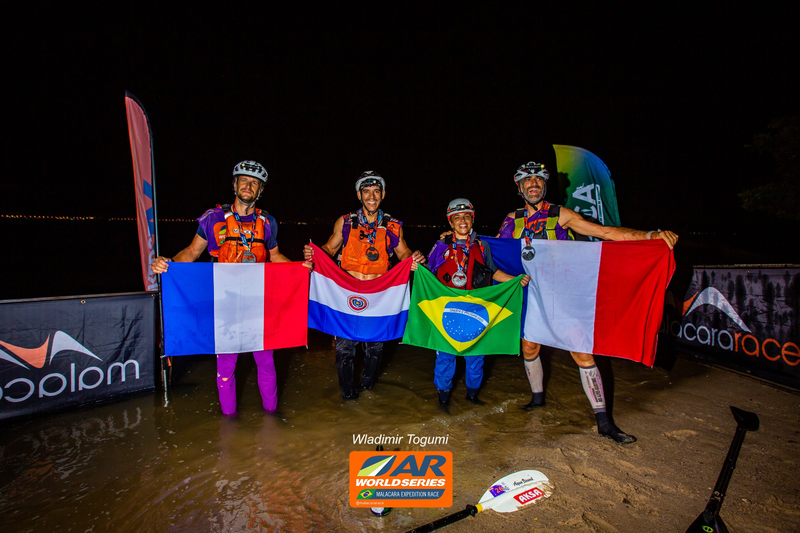
Team AKSA Sport – winners of the Malacara Race


